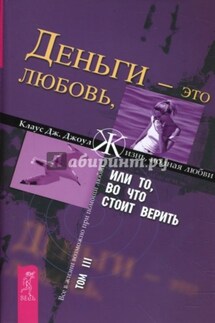The General Theory of Capital: Self-Reproduction of Humans Through Increasing Meanings - страница 50
Tradition itself is not only the result of learning and cultural selection, but also of choice based on both emotion and reason. In the course of its evolution, tradition gradually but surely crossed the line between mere reactive behavior and meaningful action. It has changed from an animal to a human tradition and has become an accumulation of religious and moral practices, a value-rational action “determined by a conscious belief in the value for its own sake of some ethical, aesthetic, religious, or other form of behavior, independently of its prospects of success” (Weber 1978, pp. 24-5).
The foraging economy consisted of activities arising from natural necessity, with the rhythm and content of human life determined by the rhythm and content of natural processes. An individual essentially could not choose and had no choice within this fixed set of activities. The transition to agriculture led to two major changes. (1) The multiplicity of activities increased: an individual could choose—at least potentially—who he wanted to be and what activities he wanted to perform. (2) The technologies of foraging were relatively simple and each member of the tribe learned them and could reproduce them with some degree of success. The technologies of an agrarian society were more complex: the peasant, the artisan and the warrior did not learn the technologies that the other possessed and thus could not reproduce them. At the same time, an increase in the traditional order meant that most people were at the mercy of another human: natural uncertainty was supplemented and replaced by socio-cultural uncertainty generated by the state and social categories:
“It would be almost impossible to exaggerate the centrality of bondage, in one form or another, in the development of the state until very recently. As Adam Hochschild observed, as late as 1800 roughly three-quarters of the world’s population could be said to be living in bondage. In Southeast Asia all early states were slave states and slaving states; the most valuable cargo of Malay traders in insular Southeast Asia were, until the late nineteenth century, slaves. Old people among the so-called aboriginal people (orang asli) of the Malay Peninsula and hill peoples in northern Thailand can recall their parents’ and grandparents’ stories about much-dreaded slave raids. Provided that we keep in mind the various forms bondage can take over time, one is tempted to assert: ‘No slavery, no state’” (Scott 2017, pp. 155-6).
The transition from foraging to farming, paradoxically, accelerated the growth of meanings and at the same time slowed it down. An increase in activities meant an acceleration, an increase in order—a slowing down of cultural evolution. The entire history of traditional society is a very slow and gradual increase in the proportion of people who are subjects of choice. Why was this process so slow? Perhaps because personal freedom depends on the progress of personality, that is, consciousness. It is personal freedom, the ability to choose for oneself, that is the main condition for the growth of meanings and for the acceleration of this growth:
“Locke says that ‘Freedom of Men under Government’ means ‘not to be subject to the inconstant, uncertain, unknown, Arbitrary Will of another man.’ Uncertainty in general and man’s inconstancy in particular therefore become the arch-enemy that needs to be exorcised” (Hirschman 1977, p. 53).







